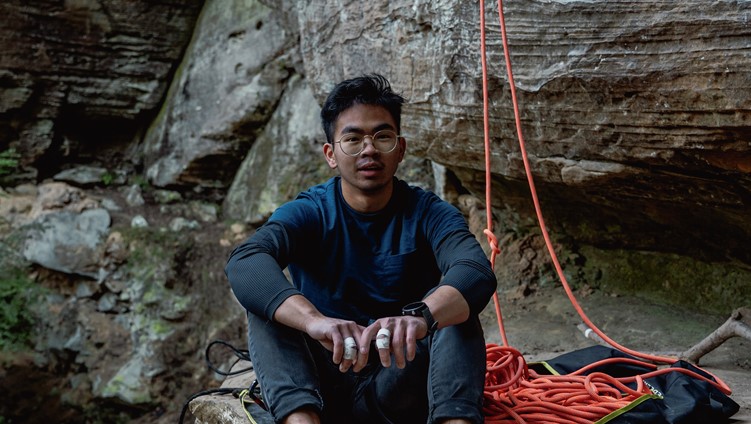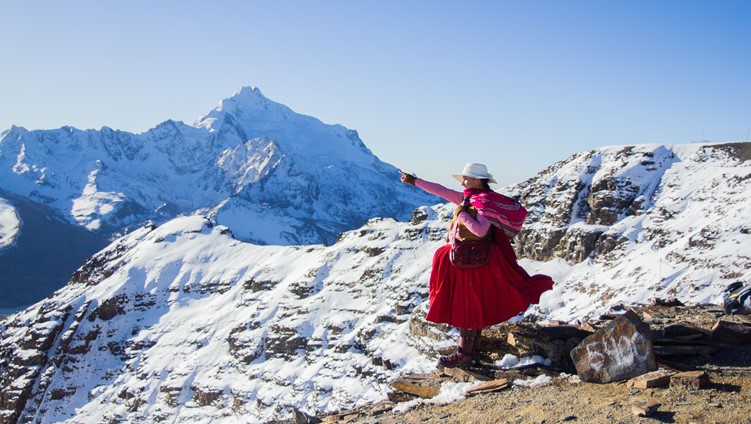Shining a light on the marginalised and ignored – an appreciation of the human world.

Shining a light on the marginalised and ignored – an appreciation of the human world.
We find them in an amber cone of street light: eight boys, sharing a stone step. They’re peering through the cracked door of an eating house where a television set throws out a strip of dirty, shifting light. The gabble of a Nepali soap opera is beaten back by rickshaws that sputter over the grit outside, past their step, past a string of shoe stores, gaudily lit. As shopped-out spenders search for rides home, the street children of Kathmandu while away the dregs of another day.
Tonight I’m on foot, but for the last four years I’ve been travelling around the world by bicycle. My defense? I wanted an adventure. Lately though adventure for its own sake has ceased to redeem the travails of long-term travel – the privation of old friends, the ceaseless niggle of unfamiliarity. I wondered if I could invest my journey with more purpose, go beyond the physical challenge, and pilot a journey of understanding too.
A bicycle affords a backstage view of the world: it slows the blur of passing landscapes and cultures, opens the door to chance meetings and hospitality, and brings an appreciation of detail – not just of geography and nature, but of the human world too. With this in mind, and because I was a doctor in my previous life, I made plans to interview patients over the two years that remained of my adventure home. I was interested in people on the edge of society, and I was keen to unweave the complicated knot of marginalisation and disease. And it’s this reason that led me one dank October night to the dim side-streets of Kathmandu with a young medic and NGO worker called Riimal, scoping for a giveaway cluster of slim shadows.
'I wondered if I could invest my journey with more purpose, go beyond the physical challenge, and pilot a journey of understanding too.'
They’re knitted tightly together, like passengers in a Kathmandu minibus; sharing their formation with the same dedication they share their stony television gaze. Most of the posse are knee-deep in sweaters, their ragged trousers ends heaped over plastic sandals, gathering grime. Their faces collect the momentary sweep of a car headlight, baring the briefest constellation of eyes.





Riimal and I set off towards them, my feet fall into puddles, drizzle washes my skin. I open and close my hands to warm them and breathe phantoms of air into the cool and looming dark. We’re close when Riimal dashes forward and breaks into their stares like a clown to an arena, arms outstretched. He ruffles the hair of the closest boy and latches onto another, dragging the wriggler into a headlock. The rest scatter in snooker ball chaos, all smiles now. Riimal and his mobile medical team visit every week.
'I was interested in people on the edge of society, and I was keen to unweave the complicated knot of marginalisation and disease.'
As Riimal questions them in Nepali, a few boys edge into the half-light, gather white bags from their pockets, plant them over their mouths and begin determined puffs in and out. ‘Glue’ says Riimal emptily when he catches me guessing. ‘It costs 55 rupees, these boys pay double though.’ Apparently, some shopkeepers ramp up the price: addicts, they know, will find a way to meet it. Destitution, even when it comes with the heart-rending sidekick of youth, doesn’t always induce enough sympathy to resist making a quick rupee.
We wander off together down a lightless side street, the boys dim and willowy shapes in profile. Extra-terrestrials. Unseen dogs harangue us.
‘This is where they sleep’ he tells me nodding at a foot-high stretch of crumbling concrete, skewered by reinforcing iron rods. It’s sheltered from rain by the stories above, but bereft of bedding or blankets, and occupied now by hair-patched dogs. We’re stalked by their yellow eyes.
We reach the medical van, parked up. The boys crowd the sliding door, volubly hurling themselves over one another to reach the warmth inside. A couple make a climbing frame of the van’s roof rack, mud-splashed legs scissor the night.
I stand outside next to one of the slightest boys whose eyes journey from my knees to my face, and down again, like I’m a wall he’s expecting to climb.
He turns to Riimal. ‘Where’s this guy from?’
‘The UK’
‘Will he give me dollar?’
Riimal shakes his head and the boy brings out his bag of glue by way of consolation. Huffing away, his eyes reach me again, low-lidded, disengaged, no help as he staggers away into a muddle of puddle, litter, pothole and shadow.
‘That one was hit by a minibus a few weeks ago. They have lots of accidents, it’s the glue. Four days in hospital, then he ran off.’
Questions nag: I want to know who’s looking out for them, how they get food, where they can find shelter.
‘They don’t have to worry about that Steve. There are charities that can take care of them. But they want freedom because they’re used to it. They don’t want to share with ‘other kids’. They have this allegiance.’ Riimal gives me a black look.
It strikes me then that tribalism is just one habit of many, and that like glue, like cigarettes, freedom can be an addiction too. It’s a perverse trap: life without authority, routine, or comeuppance.
'Glue. It costs 55 rupees, these boys pay double though. Apparently some shopkeepers ramp up the price: addicts, they know, will find a way to meet.'
I poke my head inside the van to find Sanju, the medic, examining a wounded foot. ‘So common with these kids’ he says, splashing betadine onto a dusky toe without a nail. ‘And chest problems from the glue, skin infections, and they fight. Like this one.’ He moves his torch beam to explore the bulbous and bloodshot eye of a boy who squirms under it, like a prisoner in solitary exposed to sunlight. A snotty trail under his nose gleams.
The boys, bandaged up and a little warmer, throw us valedictory waves and salutes as they zigzag into the blackness that steals the road ten yards from the van.
A few days afterwards I wander the streets of Thamel, the tourist hub of the city, and I spy the street kids there too. These streets, especially in peak tourist season, are a battle-cry of colour and light – there are hikers in loud base layers scored from the glut of outdoor shops, bejeweled Hindu women in lurid saris, bearded backpackers in dramatic pantaloons. Roadside stalls glint with curved Gurkha knives aside mock jade effigies of Buddha. The shadows never once won my gaze. But now I see them, and I know they were there all along – huffing from their bags, one’s arm over another’s shoulder, loafing about, playing tag or nursing their nail-less toes. Maybe I was distracted and they really did merge into the margins, or maybe my eyes had fallen their way before. Maybe I was corrupted to wish away their world; to see but not to process. As I pedal on, that’s a hard, breath-taking thought to bear.
Stephen Fabes returned from his six-year bike ride around the world six weeks ago. For the final two years, he met and interviewed nomads, refugees, drug addicts, victims of violence, sex workers, disabled people, the mentally ill, ex-prisoners, slum-dwellers, those with infectious and deforming disease – marginalised people with health problems. A book is in the offing, part travelogue, part investigation into marginalisation and disease.
Read more about his ride at www.cyclingthe6.com

